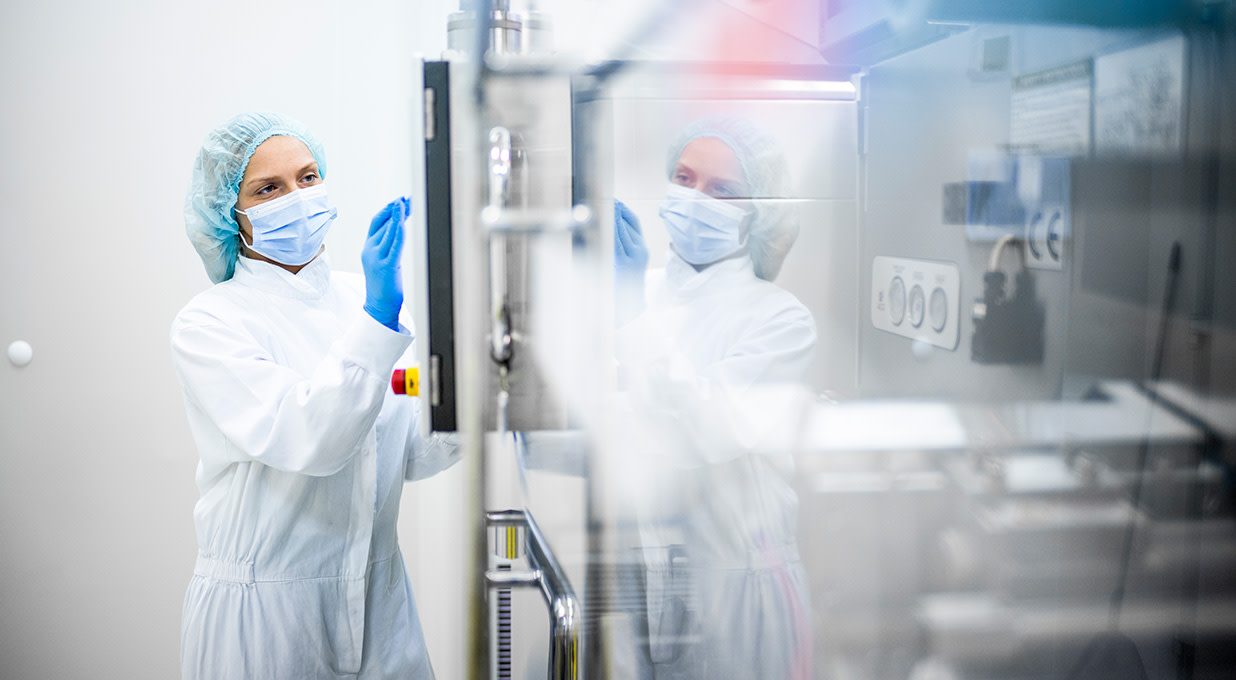Haleon has reported full year revenue of £11.3bn. Organic growth of 8% reflected increases in all regions and categories. Most of the growth was delivered by price hikes with a much smaller but still positive contribution from volume and product mix.
Underlying operating profit rose 10.4% to £2.6bn helped by discipline in managing the cost base.
Free cash flow of £1.6bn helped to drive net down from £9.9bn to £8.5bn.
For 2024 organic revenue is expected to increase by 4-6%, with higher growth in underlying operating profit.
An increase in the dividend payout from 30% to 35% has been proposed, giving a final dividend of 4.2p. Haleon now expects to spend £500mn on share buybcks during 2024.
The shares were up 7.7% in early trading.
Our view
Haleon's shareholders should be pleased with the results from its first full year as a standalone listed company. It raised guidance twice for the period and then delivered it. Meanwhile, it’s reached the initial target debt level of 3x cash profit (EBITDA) ahead of schedule, giving scope to put share buybacks on the table and increase the proportion of earnings it expects to pay out in dividends. There are no guarantees however that this elevated level of payout, or indeed any distributions, will continue.
There are a few things that are benefiting the top line of GSK's former consumer healthcare division. Its stable of consumer brands includes a number of household names such as Sensodyne toothpaste, Otrivin nasal spray, Panadol painkillers and Centrum multi-vitamins. Those powerful brands also mean Haleon has been able to increase prices without volumes falling. Customers tend to happily stomach a higher price when it comes to medicine they trust.
Volumes could still start to dip if price hikes are taken too far, or the economic outlook deteriorates further. But we're impressed with Haleon's delivery of new and improved products which we view as key to growing market share and maintaining brand loyalty.
But brand value doesn’t come cheap. So continued investment in innovation and marketing is in our view essential to maintain Haleon's leading brand positions, which may mean there's limited scope to cut costs beyond the £300mn of efficiencies already identified. And even some of the savings here are being reallocated elsewhere in the business, meaning there’s unlikely to be a huge improvement to margins.
Many of its products have been flying off the shelves because of high levels of cold and flu. That's starting to normalise now, and organic growth is set to slow in the current period.
Despite the headway being made on debt levels and shareholder distributions, the dividend is still lagging the peer group. A relatively strong outlook means we should see further progress towards its revised net debt to cash profit level of 2.5x. Offloading some of its brands is one lever the group is pulling on to get there. If attractive prices can be obtained, we’re not averse to the sale of a handful of non-core names. But pulling too hard on this lever could be at the expense of organic growth and margin expansion. Based on current guidance we think the revised target is within reach without further divestments.
Strengthening the balance sheet should help free up some wiggle room to bridge the yield gap with its competitors. But with an earnings multiple towards the top of the pack there is certainly some expectation to deliver. Some pressure on the valuation is also possible if the company's major shareholders Pfizer and GSK decide to reduce their holdings further.
Haleon key facts
All ratios are sourced from Refinitiv, based on previous day’s closing values. Please remember yields are variable and not a reliable indicator of future income. Keep in mind key figures shouldn’t be looked at on their own – it’s important to understand the big picture.
This article is not advice or a recommendation to buy, sell or hold any investment.No view is given on the present or future value or price of any investment, and investors should form their own view on any proposed investment.This article has not been prepared in accordance with legal requirements designed to promote the independence of investment research and is considered a marketing communication.Non - independent research is not subject to FCA rules prohibiting dealing ahead of research, however HL has put controls in place(including dealing restrictions, physical and information barriers) to manage potential conflicts of interest presented by such dealing.Please see our full non - independent research disclosure for more information.


